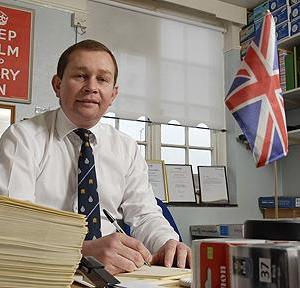The Islamic full-body veil should be banned from French public offices, hospitals, trains and buses, according to a parliamentary investigation which reported yesterday. In a bad-tempered final session, the committee of inquiry angered many members of President Nicolas Sarkozy’s ruling centre-right party by rejecting their demands for an outright ban on the burka or niqab. After a muddled and heated six-month investigation, the committee decided that such a ban might be declared unconstitutional under French and European law.
Instead, a narrow majority of the 32 members accepted a compromise suggested by Mr Sarkozy and the Prime Minister, François Fillon. They called for a solemn, but unenforceable, parliamentary motion declaring the full-length veil – a marginal but growing phenomenon in France – to be “un-French”. They said that this should be followed soon by a law forbidding people to cover their faces in “official” public spaces, from hospitals to post offices.
The committee’s recommendation split the ruling Union pour un Mouvement Populaire (UMP) down the middle. The party’s parliamentary leader, Jean-François Cope, immediately announced that he would push ahead with his own draft law calling for an outright ban. Officially, Socialist MPs boycotted the final meeting of the inquiry, alleging that it had been “polluted” by party politics and hijacked by “faction fighting” within the UMP. Several leading socialist politicians defied the boycott, however, and support an outright ban.
The possibility of a law against the full-length veil was first raised last summer by a Communist MP.
Independent, 16 January 2010
Cf. Raphaël Liogier, “France’s attack on the veil is a huge blunder”, Comment is Free, 26 January 2010
 An MP has called the wearing of burkas the religious equivalent of “going round with a paper bag over your head”.
An MP has called the wearing of burkas the religious equivalent of “going round with a paper bag over your head”.